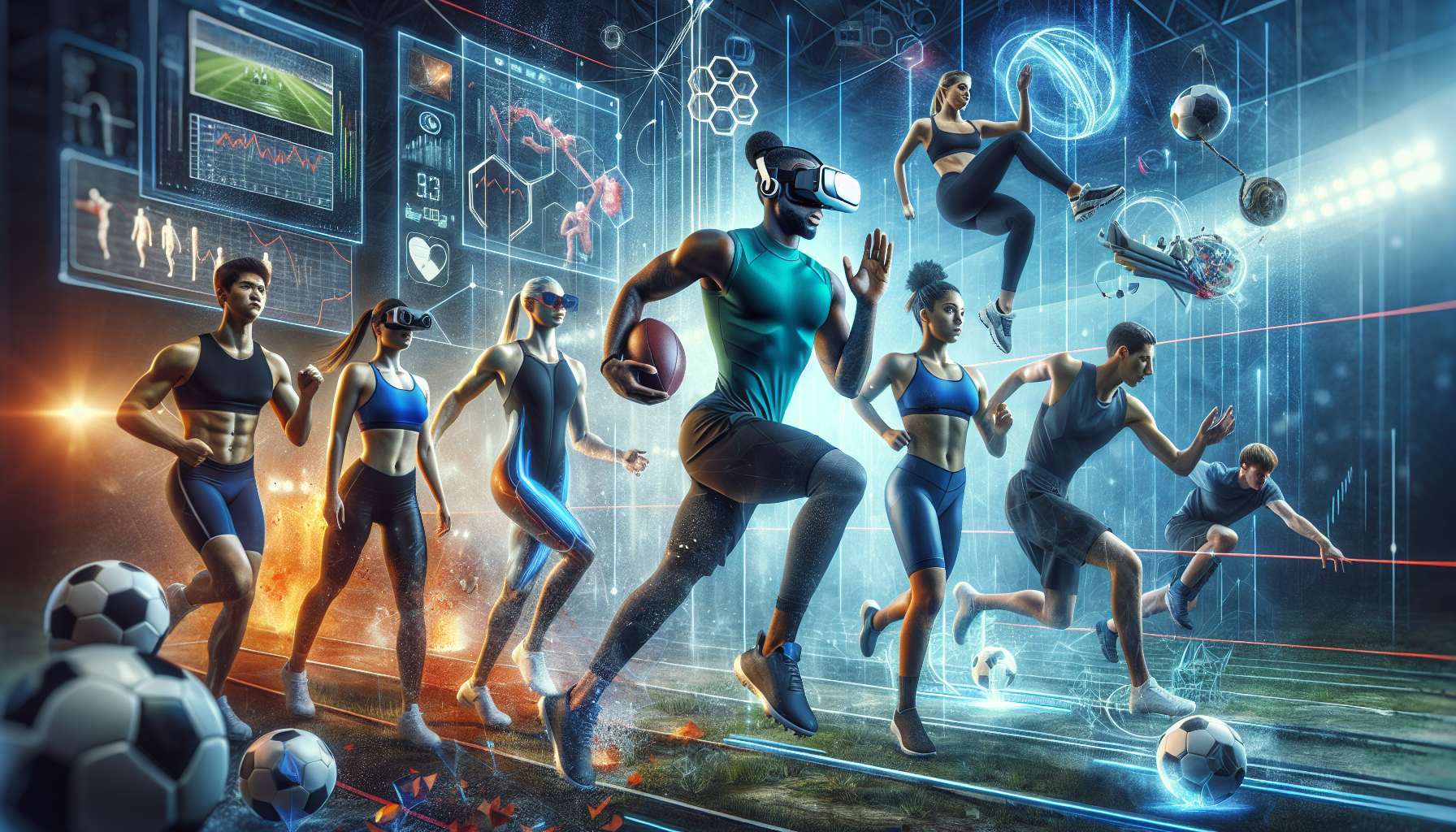Virtual reality (VR) technology has been making significant strides in various industries, and sports training is no exception. Athletes and coaches are increasingly turning to VR as a tool to enhance performance and gain a competitive edge. By immersing athletes in realistic and interactive virtual environments, VR is revolutionizing the way sports training is conducted.
One of the key advantages of using VR in sports training is its ability to simulate real-life game scenarios. Athletes can practice and refine their skills in a virtual setting that closely mimics the intensity and pressure of actual competitions. This allows athletes to make split-second decisions, improve their reaction times, and enhance their overall performance in a controlled and safe environment.
Moreover, VR technology enables athletes to receive immediate feedback on their performance. Coaches can track and analyze various metrics, such as movement patterns, speed, and accuracy, to provide personalized insights and recommendations for improvement. This real-time feedback loop is invaluable for athletes looking to fine-tune their techniques and optimize their training regimens.
Additionally, VR can help athletes visualize and mentally rehearse complex plays and strategies. By immersing themselves in a virtual environment, athletes can better understand game dynamics, anticipate opponents’ moves, and develop tactical awareness. This mental training aspect is crucial for enhancing decision-making skills and fostering a winning mindset on the field or court.
Furthermore, VR technology offers a level of engagement and motivation that traditional training methods may lack. Athletes are more likely to stay focused and committed to their training routines when they are immersed in a captivating virtual world. This heightened sense of engagement can lead to increased training intensity, better retention of skills, and ultimately, improved performance outcomes.
In conclusion, virtual reality is transforming the landscape of sports training by providing athletes with innovative tools to enhance their performance. From realistic simulations and instant feedback to mental rehearsal and heightened engagement, VR offers a myriad of benefits for athletes looking to elevate their game. As VR technology continues to evolve, we can expect to see even more exciting applications and advancements in sports training, ultimately pushing the boundaries of what athletes can achieve.








